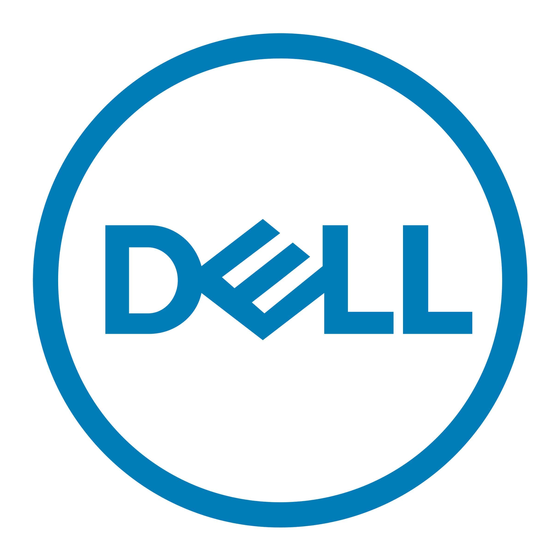• The CSN Console supports web-based, post-boot modification of network services configuration,
user access for both the admin interface and SNMP, software image management, and
configuration for DX Storage, the SCSP Proxy and Content Router.
• A Backup and Restore section in the CSN Console provides management of automatic
configuration file backups created by the CSN and saved into the DX Storage cluster. Additionally
the interface allows administrators to trigger a manual configuration file backup and restore a
backup manifest in the event of a system failure. Please see the 'Configuration File Backup and
Restore' section of the CSN Installation and Configuration Guide for additional details.
• A Licensing section in the CSN Console surfaces the ability to add and delete individual license
capacity and hardware compatibility keys and to publish these keys into an aggregate license file
used by the DX Storage cluster. Please see the 'Configuring Object Storage Cluster Licensing'
section of the CSN Installation and Configuration Guide for additional details.
• The CSN includes an SNMP MIB with operational and status information for all nodes in the
associated DX Storage cluster. Additionally, SNMP MIBs for both DX Content Router Publisher
and Replicator are available on the CSN.
1.4. Limitations of this Release
These are the known issues and operational limitations that exist in this release of DX Storage CSN.
• Automatic Backups with Server Reboots A server restart will trigger an automatic configuration
file backup due to an update to the firewall rules that occurs during shutdown.
• DX Storage Authentication and Authorization via Curl The version of curl included by
default in Red Hat version 5.5 is not recent enough to properly handle the authentication and
authorization features in DX Storage version 5.0. Integrators wishing to use curl to take advantage
of these new features will either need to compile a more recent version of curl on the CSN or use
a different server that already has a more recent version.
1.5. Upgrading the CSN
If upgrading a previously installed CSN to a new version, the same install script used for a new
installation can be used. Upgrade does not require any reconfiguration and all service states are
preserved from their previously configured values. The CSN will need to be rebooted after the
software is updated so administrators may wish to schedule the upgrade during off peak hours to
ensure DX Storage and DX Content Router activity are not disrupted.
Please refer to the Installation and Configuration Guide for step-by-step upgrade instructions.
1.6. Application and Configuration Notes
Special attention should be paid to the following items when configuring a CSN. More details can be
found in the CSN Installation and Configuration Guide.
• RedHat Administrative Tool Compatibility Both the RedHat Network Administration Tool and
the RedHat Security Level Configuration Tool are incompatible with the CSN because they alter
the expected location and/or configuration of critical network and firewall configuration files,
possibly interfering with initial CSN configuration or communications. To prevent conflicts, these
tools are removed during installation of the CSN.
• SELinux Errors While SELinux is run in permissive mode during the bootstrap process, SELinux
errors may still appear during bootstrap. These errors can be safely ignored and will not occur
again after a system reboot.
Copyright © 2010 Caringo, Inc.
All rights reserved
2
Version 2.0
December 2010

